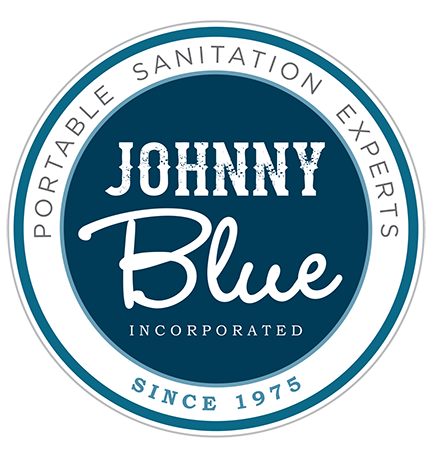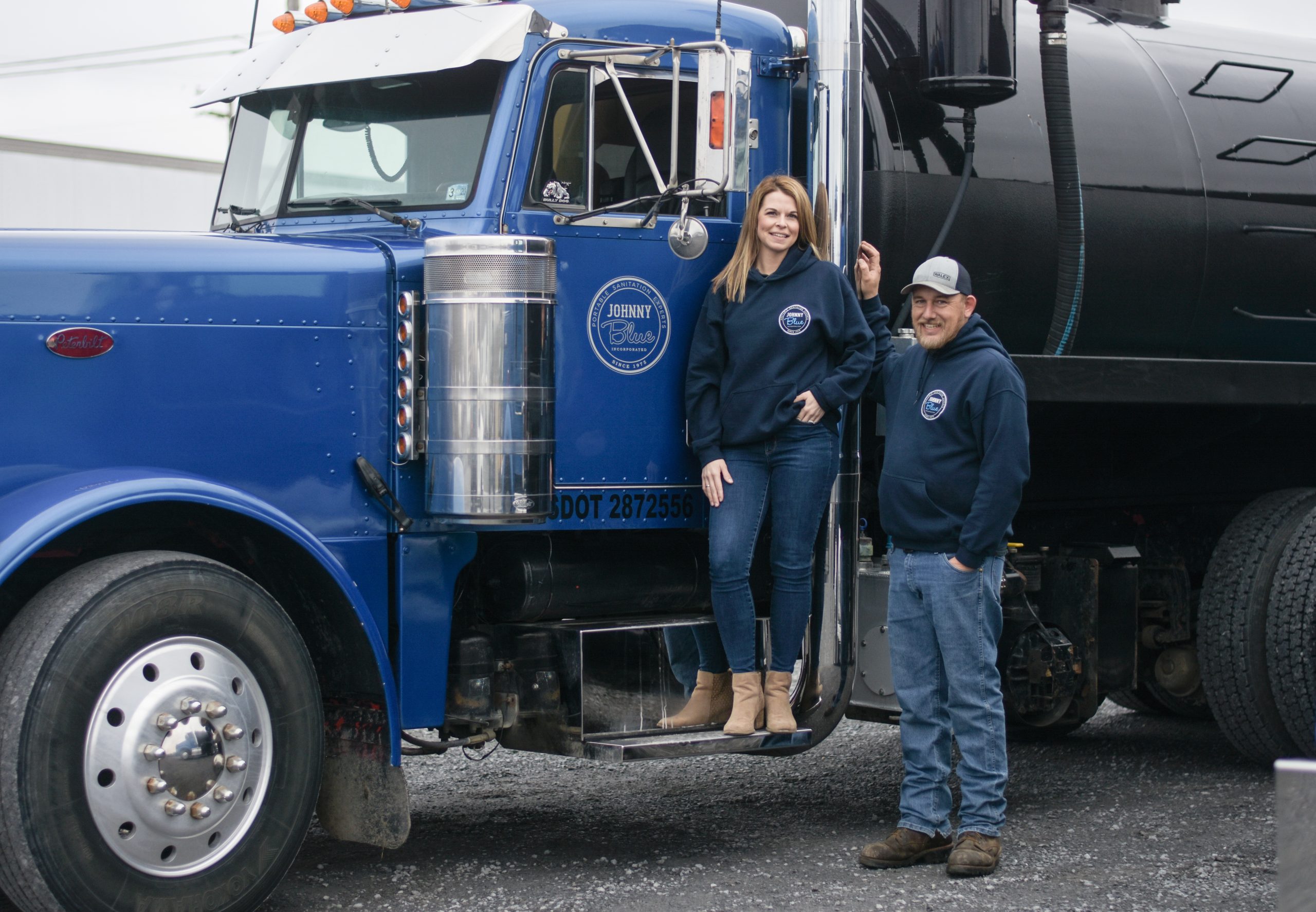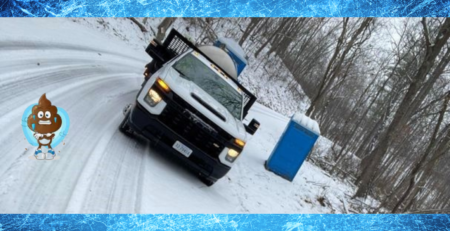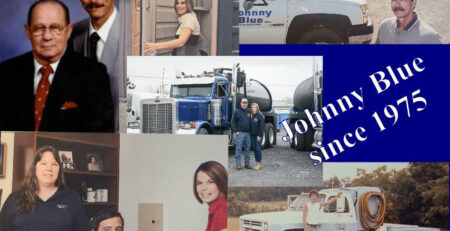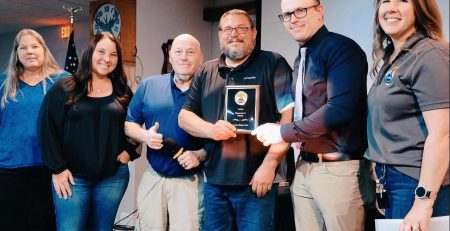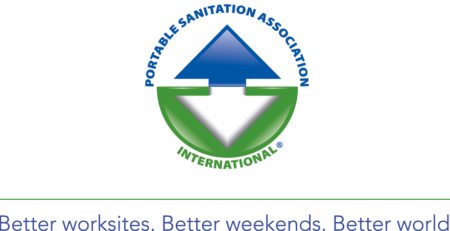Johnny Blue is Pumped About Their Future in Onsite Wastewater
In 2012, Kristen Bush asked her husband, Steven to join the family business. Steven enjoyed his career in excavation and loved running heavy equipment but after careful consideration, he took the opportunity to join the Johnny Blue team. Concerned for his family’s future, Steven didn’t want to put all their eggs in one basket. He had interest in septic and onsite wastewater hauling. He thought it would be wise to diversify and add more to the service line at Johnny Blue.
With education and experience, in 2016, Kristen became a licensed onsite sewage system operator in Virginia. This permitted Johnny Blue to service and pump septic systems, but not install them. While pumping septic systems in the area, Steven noticed many systems were old and needed repair or replacement. Steven and Kristen agreed to continue the septic journey toward getting an installer license.
In 2021, fortunately Kristen was given the opportunity to work with a mentor to learn hands on how to repair and install septic systems. This apprenticeship provided her the two years of experience required by the Virginia Department of Occupational Regulation to obtain an Installer License. In August 2023, Kristen Bush became a licensed Journeyman Onsite Sewage System Installer for Conventional Septic Systems. Way to go, Kristen!
In October of 2023, Pastor Bruce Gray hired Johnny Blue Inc. to assist with the expansion of the fellowship hall at the Historic Salem Baptist Church in Clarke County, Virginia. With the guidance of the mentor and septic engineer, Kristen and Steven completed their first septic installation. The project consisted of moving the existing septic tank, adding a new one in a new location, and replacing the distribution box. This work went remarkably smoothly.
Step by Step Installation
Pastor Bruce obtained septic plans from a septic engineer and obtained the required permits from the Virginia Health Department. Miss Utility had to mark all underground utilities before digging could begin. The new tank and other materials were ordered and delivered. The excavation equipment was delivered to the church. The weatherman predicted five days of sunshine, so it was time to get to work.
Steven and Eric Phillips (Lead Operations Supervisor) staked out the septic conveyance lines and septic tank. They exposed the old system and prepped for replacement. The hole was dug, and the new septic tank was set and sealed. The old tank was crushed, treated with lime and filled in. The old distribution box was replaced, including levelers and connectors to the existing drain field. The conveyance lines were replaced. Slope was established for proper flow to the distribution box. The slope of the piping had to be checked and rechecked. Any variance in the piping could cause a blockage, back up, or future damage to the drain field. The new conveyance line was tied into the outlet from the church’s existing plumbing to the new tank. The system was tested for leaks and proper flow. The Engineer and Inspector came out to the church to inspect the new system. The new system passed with a big thumbs up! The new system was equipped with an access riser, outlet filtration and a plumbing clean out to ensure proper access for pumping without digging, as required by the Building Code in Virginia. With the successful completion, Salem Baptist Church was well on its way to getting the new larger, fellowship hall.
Septic System Maintenance Requirements
A conventional septic system should be pumped every 3 – 5 years by a licensed Sewage System Operator, however since this system is in use on the weekends by a church; it is considered irregular flow, heavy on the weekend. This system, at minimum, should be monitored every 2-3 years. The frequency of pumping is determined by the usage and risk for the drain field. Proper maintenance of the tank will expand the lifespan of the drain field. The drain field is the most expensive part of a septic system. When a drain field fails, it has to be re-engineered, removed, and replaced. If the ground is oversaturated with waste, often the drain field has to be installed in another location. This not only means more of a financial burden but also longer downtime and not having access to your water.
Protecting the infrastructure of the drain field is just as important as maintaining your roof and HVAC system. Does your septic system function properly? Schedule an inspection today! Call 540-665-0968 to speak with a licensed professional.
